Showing 1-15 of 16 results

Health Lab
A large grant for Michigan Medicine will launch important research to improve the screening and treatment for a gynecologic disorder that disproportionately impacts Black and Hispanic populations

Health Lab
On YouTube, the content recommended to kids isn’t always age appropriate, a Michigan Medicine study finds.

Health Lab
Youth with heart disease enrolled in unique program that teaches resilience and builds connections with their peers

Health Lab
A melanoma survivor shares facts and tips about preventing all types of skin cancer.

Health Lab
Researchers recently revealed a new mechanism behind antiphospholipid syndrome that the investigators hope will eventually allow treatments to be targeted closer to the source of the problem.
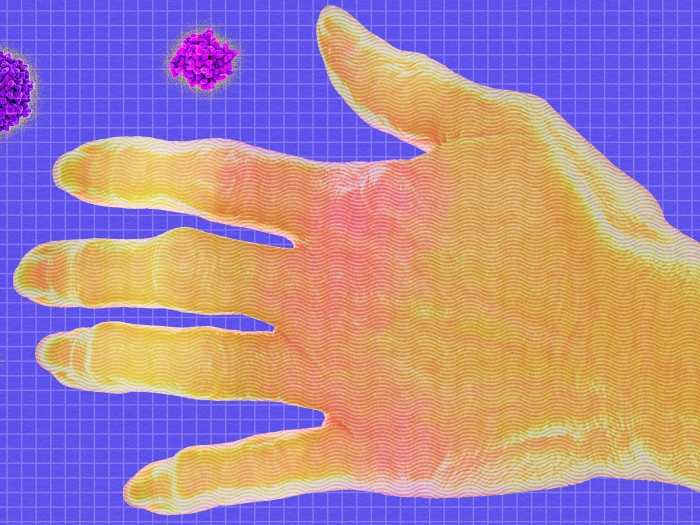
Health Lab
New study has identified an enzyme contributing to systemic sclerosis.

Health Lab
By studying first-year college students’ experiences and backgrounds, scientists may have discovered a way to go beyond genetics to predict which students might be more or less vulnerable to stress-related depression.

Health Lab
The Michigan Medicine finding suggest a need for more education and screening of older adults for cannabis-related risks.
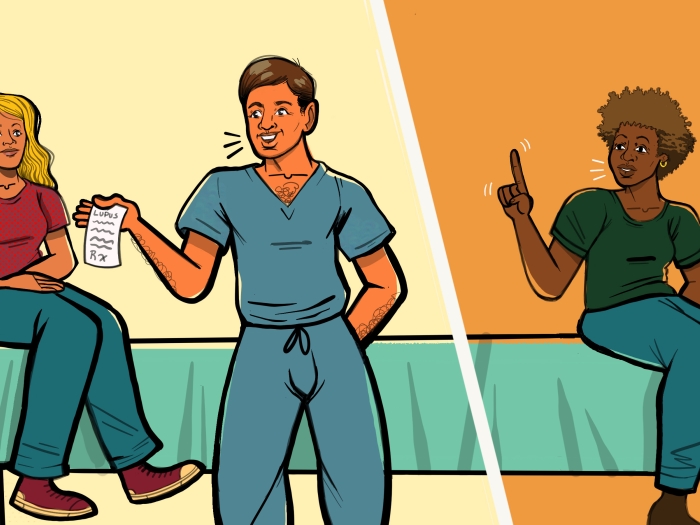
Health Lab
When it comes to lupus care, Black adults are normally left behind despite being one of the highest lupus populations.
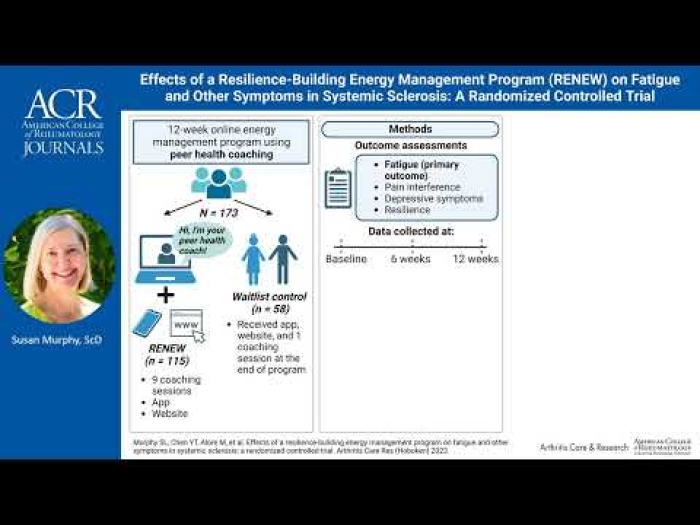
Health Lab
Research published in the Arthritis Care and Research Journal from Michigan Medicine found that scleroderma patients made significant strides when working with trained peer health coaches in adhering to wellness routines, leading to resilience and improvements in fatigue, pain and depressive symptoms.

Health Lab
Michigan Medicine researchers are examining whether ginger supplements could help treat symptoms in autoimmune diseases
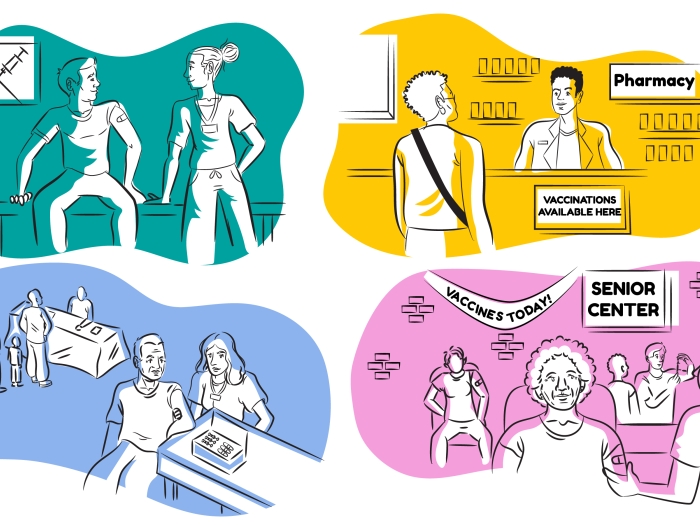
Health Lab
Adults, especially people over 50, should get immunized against COVID-19, flu and other infections, to prevent fall and winter illness, hospitalization and worse

Health Lab
Firearm purchases rose during the pandemic and a survey shows high rates of mental health issues and political extremism among those who bought guns during 2020 and 2021.
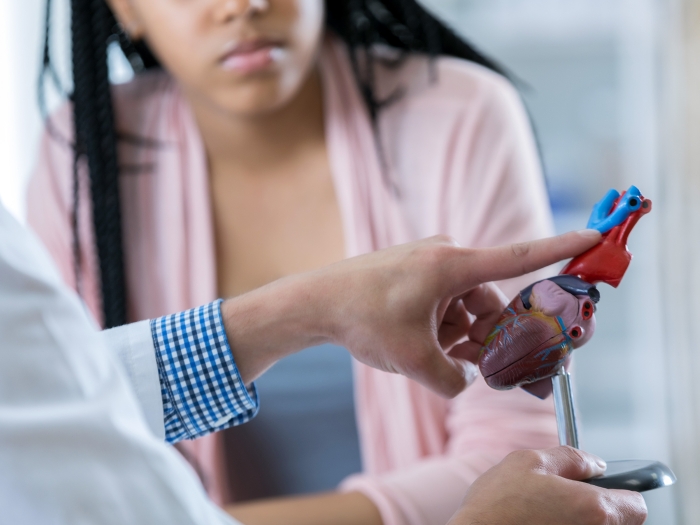
Health Lab
New research from U-M shows that adolescents, young adults with advanced heart disease want to take an active role in making medical care decisions alongside their doctors and caregivers. The study sheds light on the importance of including young patients in medical decision-making and the benefits it has on their psychological well-being.

Health Lab
Stress can interact with genetic vulnerability to depression, and with added or lacking support from friends and family, to affect depressive symptoms.